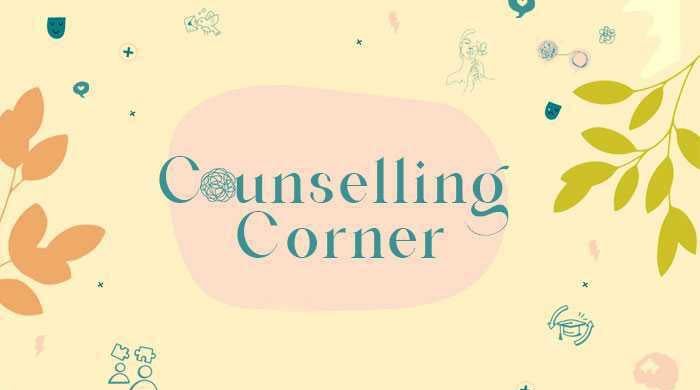Life hacks: Boost your self-confidence in seven simple ways
We become a shadow of ourselves, hiding in a corner, biting our tongue, and letting people walk all over us — not anymore
February 16, 2024

Oftentimes, many of us feel undervalued or unheard. We see others doing things that we want to do but don’t have the courage to do.
We become a shadow of ourselves, hiding in a corner, biting our tongue, and letting people walk all over us.
Stop comparing yourself to others
According to social comparison theory, comparing things is normal human behaviour. However, it is unlikely to increase your confidence, Very Well Mind reported.
When you see that you are making comparisons, how do you increase your confidence? To begin with, remind yourself that it isn't beneficial. Life is not a competition; everyone is competing in their race.
Surround yourself with positive people
Consider for a moment how your friends make you feel. Do they make you feel better or worse?
Be in the company of people who genuinely care about you and who love you. Seek out people who can boost your confidence and are optimistic. Positivity and self-assurance go hand in hand.
Take care of your body
Start prioritising yourself. When you practice self-care, you know you're doing something positive for your mind, body, and spirit; you are projecting to the world that you matter, which convinces others to feel the same way about you.
Be kind to yourself
A 2015 study connected self-compassion with self-confidence. So the next time you're in a challenging situation, recognise that being imperfect or falling short at times is a part of being human.
Practice positive self-talk
The next time you begin to think that you have no business speaking up in a meeting or that you are too out of shape to work out, remind yourself that your thoughts aren’t always accurate. Then find a way to turn those thoughts around into more positive self-talk.
Face your fears
Stop putting things off until you feel more confident. One of the best ways to build your confidence is by facing your fears head-on. Which involves saying no. So the next time you don’t want to do something, just say no.
Do things you're good at
What happens when you do things that you are good at? Your self-confidence starts to soar. Your strengths become even stronger, which helps improve your belief in yourself.











